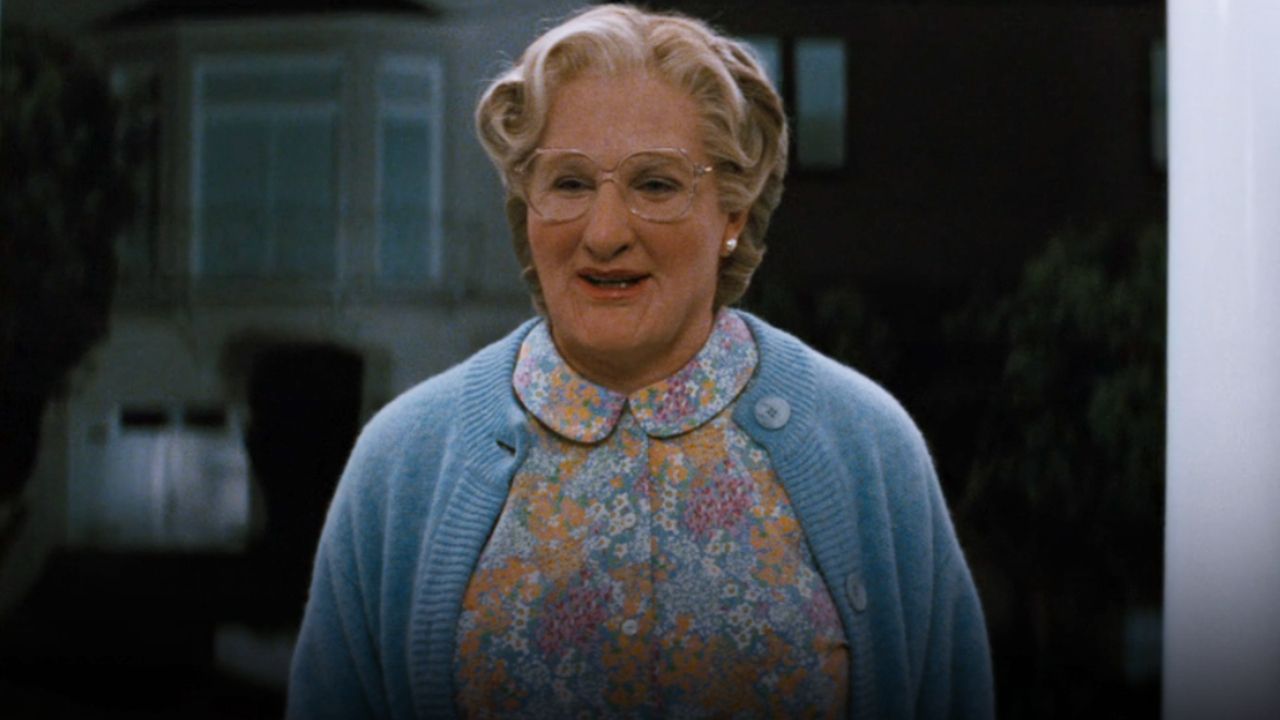TIFF 2024: Dead Talents Society, Else, Dead Mail
On 3 films from TIFF's Midnight Madness program this year.

By nature of their logistics, film festivals always come with innate frights (accidentally going to the wrong theater for your screening, anything and everything related to Ticketmaster) but watching Midnight Madness films is a guaranteed way to be entertained even while being spooked. Even when the cinema genre is a known type, it’s exciting to see the different ways films deliver their thrills. Between grotesque body horror, paranormal talent shows, and haunted letters, with these Midnight Madness films, there are many ways to get your scares in.
With “Dead Talents Society,” co-writer and Director John Hsu’s has crafted one of the best horror comedies of recent memory, one that serves its timelessly existential theme with bloody delights. The film centers on an unnamed, recently deceased teenager known only as The Rookie (Gingle Wang) who returns to the mortal world as a ghost. The catch is that for her to remain there, she has to memorably haunt and scare the living within the next thirty days otherwise she’ll cease to exist. This poses a problem for the shy Rookie, who has no talent for delivering spooks. She joins a troupe of other outsider ghosts led by a washed-up ghost Catherine (Sandrine Pinna) who all have to be scared as if their (new) lives depend on it.
Hsu and Tsai Kun-Lin’s script holds reverence for the horror genre as a whole but also cleverly shows that each generation’s angsts aren’t the same. “Dead Talents Society” ruthlessly skewers the commodification of spectacle and how even in death, the truly scary thing is that there’s no escape from the grind. Doors that close by themselves or rip off one’s arm (some of the tricks the ghosts employ) pale in comparison to the true terror that we somehow need to work even after we die. The film never feels like it proselytizes though thanks to Wang’s performance and arc as the Rookie. There’s a relatable frustration that the insecurities that plagued her while she was living have followed her in the afterlife, just as it’s touching to see her learn how to scare on her terms. There’s glee in seeing how she violently workshops a “memorable” scare she can deploy onto the living and grow content with her meekness in a world that prioritizes the abrasive and loud.

I’m generally skeptical of films that feature the pandemic as they often try too hard to recreate a specific period of lockdown rather than offer anything substantive to say about it. While not directly dealing with Covid, director Thibault Emin’s debut “Else” focuses on a pandemic of a different sort and frightens in how it shows not only the ways a pandemic isolates us from each other but also recontextualizes the relationship between ourselves and our environment. It follows two lovers Anx (Matthieu Sampeur) and Cass (Edith Proust), who are so enamored with each other that they fail to recognize the violent developments taking place outside Anx’s home. Sampeur and Nozychka excel here, showcasing the type of expansive obsession that is simultaneously narrow-minded. At the height of their new love, a disease spreads through the world that causes those infected to merge with their surroundings; there’s a terrifying sequence as a group of people try to rescue a man who has merged with the sidewalk—we hear only his screams as organs tear and bones break as they lift him. Though Anx and Cass quarantine themselves, they soon have to fight against the hungry, devouring disease as it seeks to add their bodies to its mass.
We’re treated to more striking scenes of people merging with their surroundings but some of the film’s best frights are in the way cinematographer Léo Lefèvre captures ordinary moments; as Anx and Cass huddle in the dark while the disease tries to consume them, their flashlight captures a whirlwind of dust that’s floating about in their room, the particles feel like extraterrestrials and extensions of the disease. There’s another sequence where Anx and Cass are making love that’s quickly intercut with rotting organisms within Anx’s house, from the remains of fruit to a vent; it underscores how there’s no line between love and consumption. By the film’s end, Emin’s taut command of imagery gives way to something more abstract; I admire its ambition though I’m not sure it entirely works. Still, yet again, it reaffirms the ways our love for each other can morph into something unrecognizable.

Then there’s the Midwestern 1980s set “Dead Mail,” which is terrifying because it feels like something you shouldn’t be watching and at the same time, you can’t take your eyes away. The film opens with the camera following a bound and bloodied man as he crawls out of a house to deliver a letter. We’re left with nothing but his screams as his captor rushes out into the frame to bring him back inside. The letter finds its way to Jasper (Tomas Boykin), a mailroom clerk who works with his team to find the correct recipient. As Jasper’s search continues, it pulls him into the orbit of the troubling relationship between two men, Trent (John Fleck) and Josh (Sterling Macer Jr.)
The premise (and stakes) may seem banal, but co-directors Joe DeBoer and Kyle McConagh subversively use their premise to explore the violence that comes with simply waiting around for things to happen. Payton Jane’s production design and the duo’s use of film grain give the film a vintage and old-school look as if to trick us that we’re watching crime tapes from a forgotten era. Equally, it’s a treat to watch the film shed light on a vocation and work like Josh’s that rarely gets the spotlight; as Josh deduces through a variety of tactics to bring the dead letter to its recipient, these scenes feel like the very best of crime procedurals; sometimes there’s no better thrill than watching someone work.




















